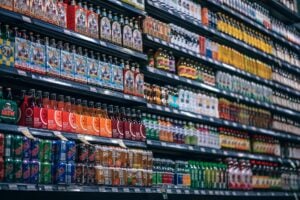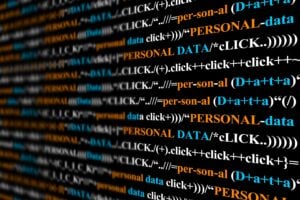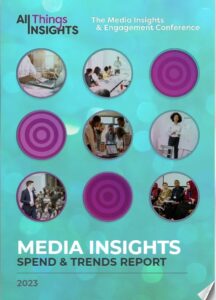As we have discussed throughout this myth-busting series, insight professionals are in a unique position to be the source of truth, reason, and transformation within their companies. Armed with data, access, and influence, they have the ability to help their companies determine what the strategy should be, how to make that strategy actionable, and how sustainability can support that action plan. Sustainability alone cannot transform an existing brand in the minds of their customers, but it can help move brand equity and loyalty in powerful ways when positioned and messaged effectively to consumers.
For example, Eastman’s consumer research finds that brands adopting our Molecular Recycling technologies and effectively messaging them can drive both sustainable equity and consumer loyalty, particularly among the important Gen Z demographic. Although these data are brand and industry agnostic, they point to the fact that sustainability can be a disruptor in consolidated or fragmented markets.

There are a number of examples of upstart brands with a strong sustainability value proposition who have disrupted industries. However, moving a legacy brand that is well-known and loved into a sustainable leader is a hard pivot to make. A successful transformation for a legacy brand requires understanding who your core customers are, what makes your company special to them, how the right sustainable story further enables your company’s value proposition, and what new customers could your brand attract with this broader value proposition. Insight professionals are likely to have all these data at their fingertips to help their company build their transformation strategy.
I have had the pleasure of working with a number of leading brands across multiple industries to help them incorporate sustainability into their brand offerings and overall value proposition during my time with Eastman.
One of my favorite examples comes from a leading brand who was looking to disrupt their category through sustainability and build a relationship with Millennials, the next major buying generation for that company. Not only did this brand adopt Eastman’s Molecular Recycling solutions, but they also did a phenomenal job messaging to consumers about their new offerings across physical and digital touchpoints.
From our tracking of their brand, we found significant jumps in the percentage of Millennials (1) viewing this brand as sustainable, (2) seeing this brand as more sustainable than their industry peers, and (3) being aware of this brand’s sustainability actions after their product launch. This case study is one of many proof points that a legacy brand can leverage sustainability to drive brand equity, loyalty, and growth with their core and a new generation of consumers.

Key Takeaways
As this series comes to an end, I want to highlight some of the most important lessons for insight professionals looking to get and maintain a seat at the table to help drive their company’s sustainable strategy:
- Starting Point – Better understand how your core customers define sustainability in your category and use those insights as the foundation for your company’s sustainability goals and portfolio.
- Brand Promise – Identify your company’s value proposition or reason for being, hold colleagues accountable to that vision as they look to add a sustainable layer to that story, and help marketing teams tell a robust, performance plus sustainability stories to consumers across digital and physical touchpoints. You are not walking away from your brand promise, you are adding to it.
- Eye to the Future – Given that sustainability is a complex, ever-evolving topic, opportunities exist for you to identify new vectors of sustainability that can drive long-term growth and strategic advantages for your company, allowing you to always anticipate your customers’ needs and stay ahead of competitors.
Click here for Justin Coates’ series for All Things Insights, “Exploring 10 Myths About Global Consumers & Sustainability.”
Contributor
-

Justin Coates is Eastman’s Head of Global Market Research & Consumer Insights, responsible for leading business intelligence, customer experience, user experience, foresighting, and consumer insights across Eastman. Before joining Eastman in 2017, Coates spent a decade at Cotton Incorporated managing their global consumer insights research and positioning himself as a thought leader on consumer trends with the world’s largest brands and retailers. He holds a Masters of Economics degree from North Carolina State University and a Bachelors of Arts degree in Political Science from High Point University. Coates lives with his wife and son in Kingsport, Tennessee.
View all posts








































































































